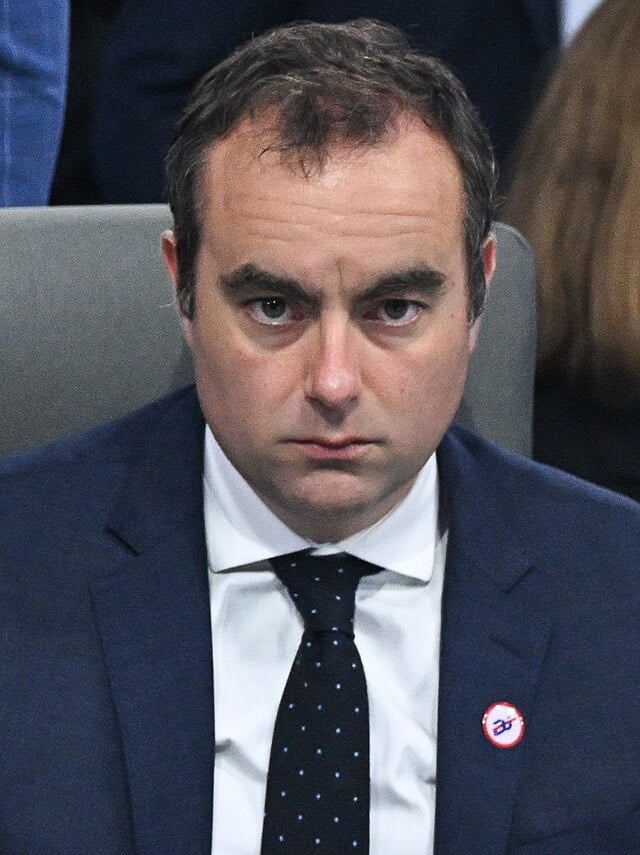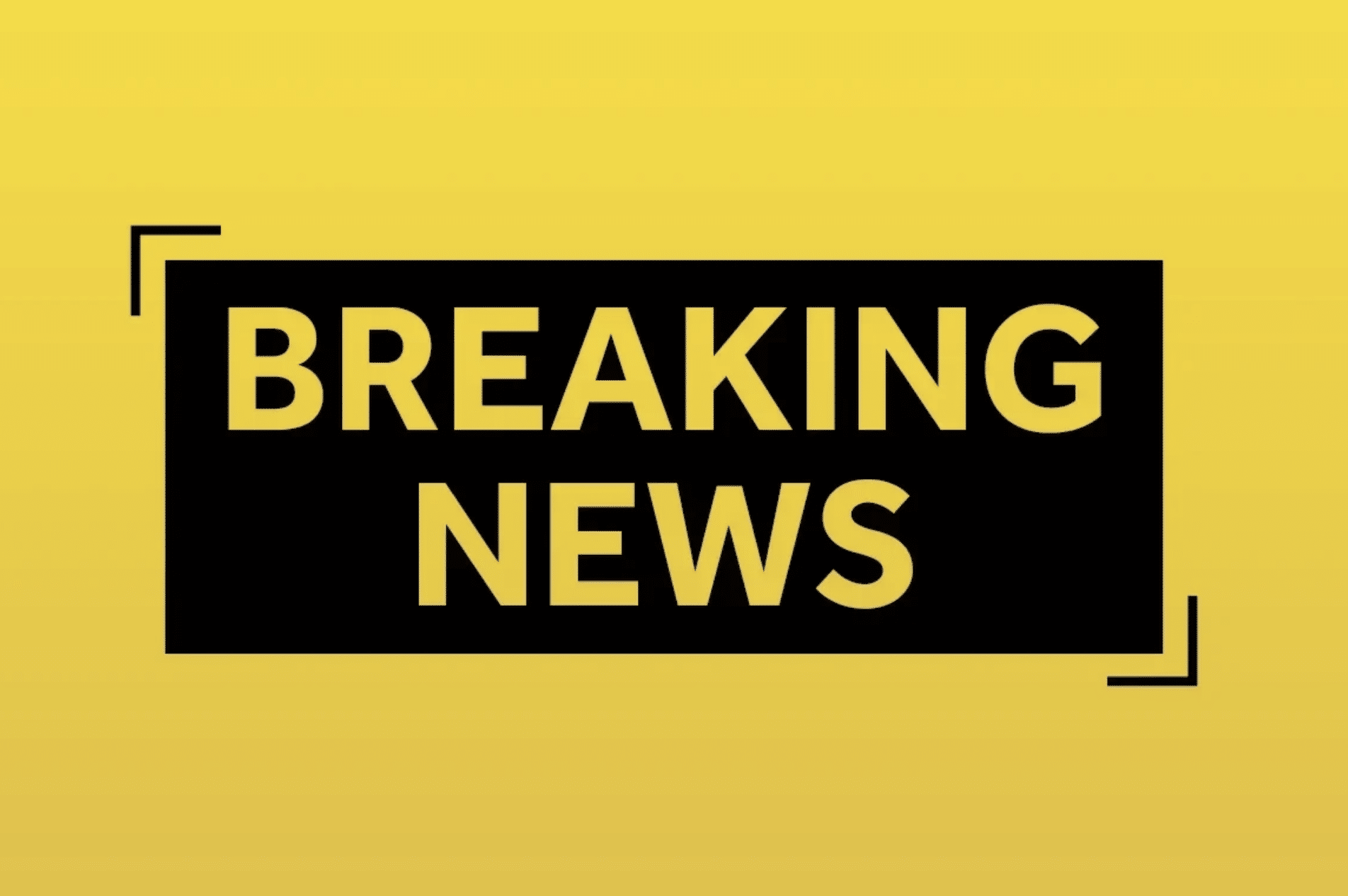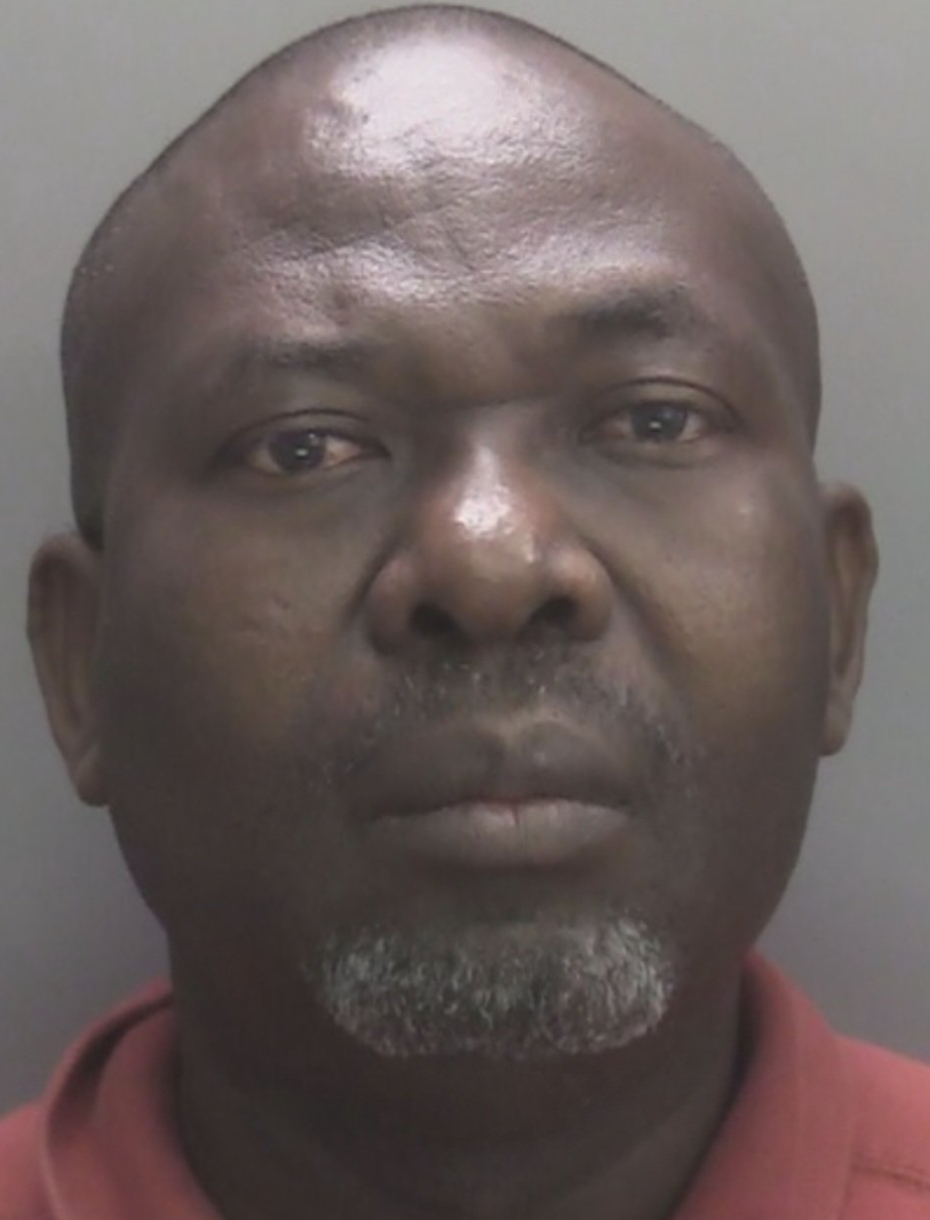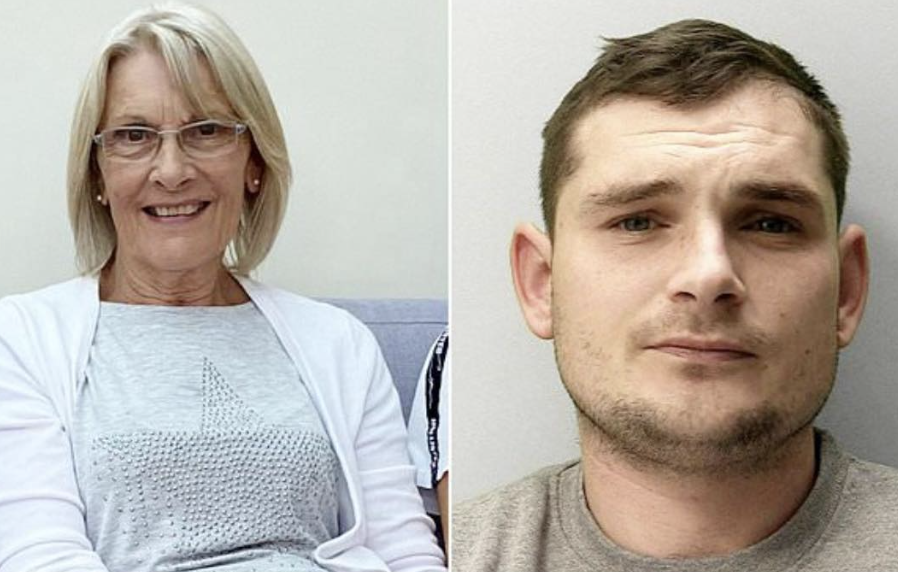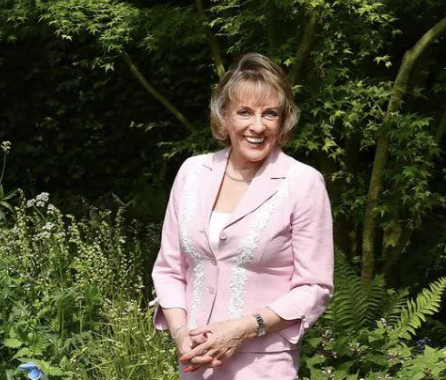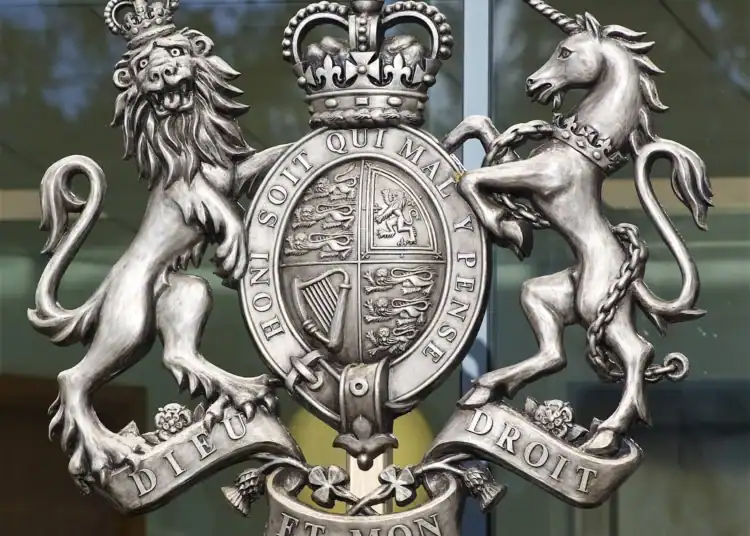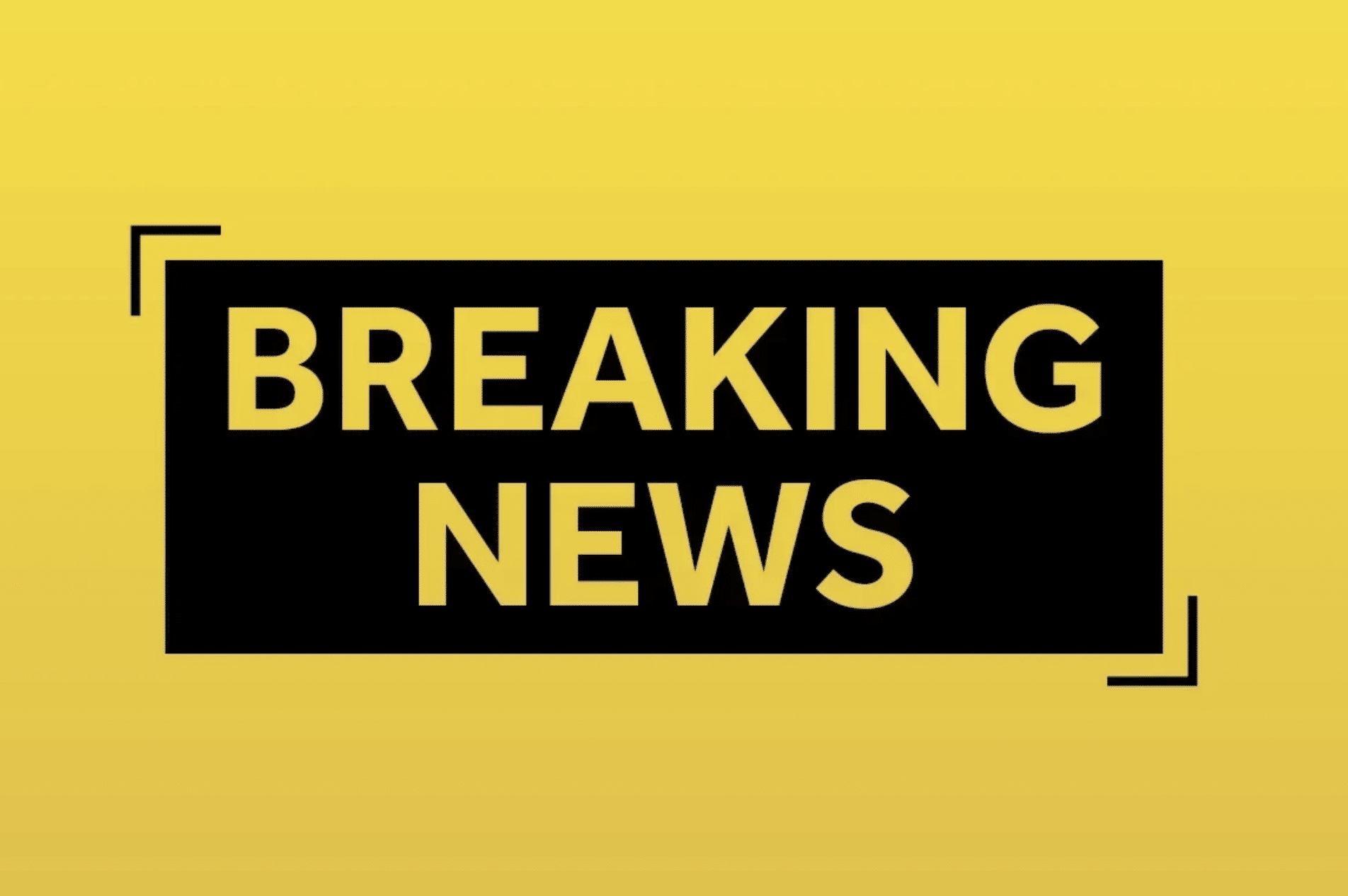French Prime Minister Sébastien Lecornu has narrowly survived two no-confidence votes just days into his new tenure, thanks to dramatic concessions over President Emmanuel Macron’s contentious pension reforms. But amid cheers, Lecornu now faces fierce pressure over the looming 2026 budget crisis.
How Lecornu Pulled Off a Last-Minute Save
The tightest no-confidence motion, sparked by the hard-left France Unbowed party, fell 18 votes short in the 577-seat National Assembly. Only 271 lawmakers backed the motion, below the 289 needed to topple Lecornu’s fragile government. A second bid by Marine Le Pen’s far-right National Rally fared even worse, with just 144 votes.
The prime minister’s salvation came after he promised to freeze Macron’s controversial pension reform, which plans to raise the retirement age from 62 to 64. This key pledge won over the Socialist Party’s 69 deputies, tipping the balance in Lecornu’s favour.
“We will not vote for a no-confidence motion at this stage,” said Socialist spokesperson Dieynaba Diop, while the party leader Olivier Faure warned they remain ready to back future censure if the government’s budget fails the less fortunate.
Lecornu also vowed not to use Article 49.3 of the constitution — the controversial power to push laws through without parliamentary approval, which Macron previously wielded to force through the pension reforms amidst mass protests.
Political Fallout: Macron’s Popularity in Freefall
The reprieve comes at a big cost for Macron, whose approval ratings hit an all-time low of just 14%, making him the most unpopular president in the Fifth Republic’s history. Pausing the pension reform undercuts one of his few major domestic wins after eight years in power.
Now, Lecornu faces the mammoth task of passing a €30bn (£26bn) deficit-cutting budget. France’s public deficit hit 5.8% of GDP in 2024 — far above the EU’s 3% limit. The government aims to trim this to 4.7% by slashing spending on healthcare and local services. But across the spectrum, opposition parties slam the plan as an assault on public services and the poor.
Marine Le Pen slammed the parliament for backing Lecornu as driven by “terror of elections,” and vowed she’s ready to pounce when the 2027 presidential race kicks off.
Even the centre-right Les Républicains gave only cautious support. Their leader Laurent Wauquiez said: “France needs stability, a government, and a budget.” But backing remains shaky as budget talks heat up.
France’s Political Chaos Worries Europe
The turmoil hasn’t gone unnoticed abroad. Veteran commentator Alain Minc blasted Macron, calling him “the worst president of the Fifth Republic.” He said Macron promised to block the far right but instead opened the door for National Rally near power.
“Germans fear a French collapse hurting the economy, Brits worry about strategic fallout, and Italians just laugh at us,” Minc said, underlining Europe’s growing anxiety over Paris’s instability.
The International Monetary Fund predicts sluggish 0.8% growth for France in 2025. Rising interest payments on debt will further squeeze government spending.
Lecornu, known as France’s shortest-serving prime minister before last week’s reappointment, warned MPs against political games. “History will judge harshly those using the National Assembly as a platform for posturing,” he said.
With the Assembly split almost evenly between centre-right, left-wing, and far-right blocs, stable majorities remain elusive. This mirrors the chronic gridlock of France’s pre-1958 Fourth Republic.
Countdown to Budget Showdown
In coming weeks, Lecornu must wrestle budget approval without relying on the heavy-handed Article 49.3. Socialists want a billionaire wealth tax and oppose cuts, signaling fierce battles ahead. Each vote may determine the government’s survival.
France faces a political reckoning. Whether through new elections or fragile governance, the country’s stability and position in the European Union hang in the balance amid mounting economic and social challenges.

